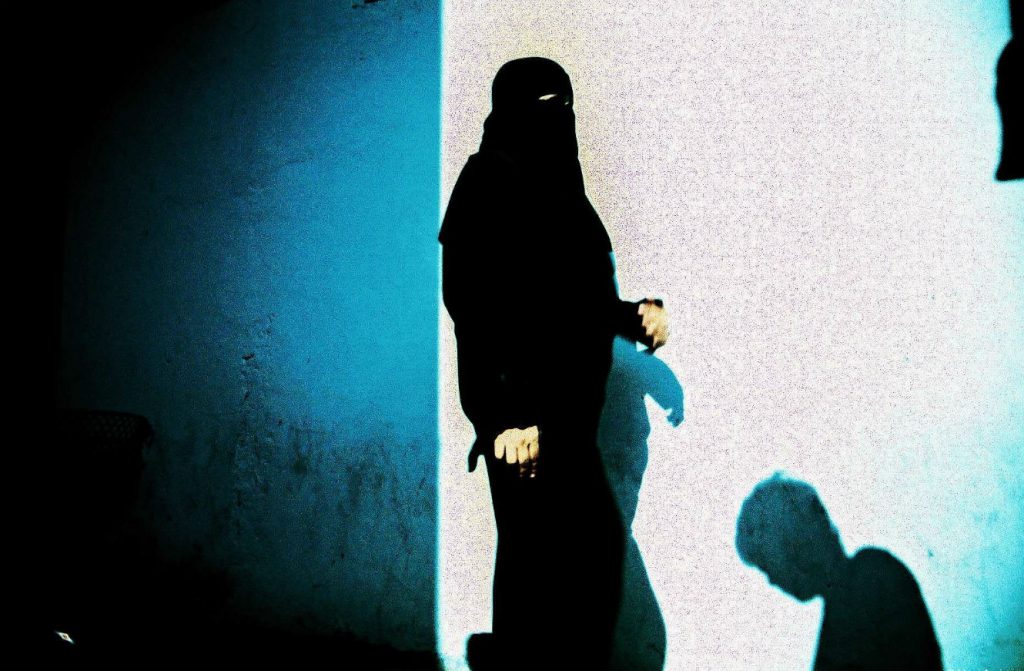
Weeks after the so-called Islamic State (IS) was removed from its last remaining territory in Baghouz, Syria, a different kind of struggle is taking place in the squalid refugee and prisoner camps throughout Syria and Iraq, like reported by soufangroup.com. The military campaign against the Islamic State was devastating, killing upwards of tens of thousands of insurgents while displacing entire populations and causing immense civilian casualties.
The proto-terrorist state has been dismantled, although IS fighters have already begun to regroup. Many of the group’s surviving members and supporters, especially the foreign fighters and their families, languish in detention camps. These camps are also serving as refugee camps for the displaced population terrorized by the Islamic State. What transpires in these camps over the coming months, and with reconstruction more broadly, will set the stage for what comes next in Syria and Iraq.As reported most recently in the Washington Post, conditions in the al-Hol camp in northeastern Syria are growing more dire by the day.
There are at least 73,000 people crammed into a camp designed to hold less than half that number. Many of the people in the camp are the wives and children of Islamic State fighters (male fighters are held in different locations). While many women in this camp simply lived in places where IS governed or had no choice but to join their husbands in the Islamic State, a significant number of them continue to express unwavering support for the Islamic State and its vile ideology. These women are isolated for the safety of the broader population in the camp. Their children, many born or raised in violence, along with the children who fled the fighting with their families, make up a majority of the population in al-Hol. Vulnerable populations across Syria and Iraq are watching to see who is most committed to helping them: the Islamic State or the governments and other nations.
The most active agencies on the ground, and by extension the most knowledgeable of current conditions, are aid groups and other non-governmental organizations. There is serious concern that the West and other countries with the resources to help are growing increasingly disinterested and have moved on to focusing on other issues. The need to provide immediate care and long-term support for the massive numbers of people whose lives and societies have been upended by years of war and terror is a humanitarian obligation for the entire international community. The ‘fight’ to liberate people from the grip of the Islamic State must continue in the camps and in the villages and towns the group once controlled. According to nearly every observable measure, it is both myopic and counterproductive for the U.S. and others to scale back humanitarian aid and assistance now, when a show of empathy and support has the potential to make a significant soft power impact, while also addressing specific human security challenges. While leaders in Western capitals offer self-aggrandizing congratulatory messages for ‘defeating’ the caliphate, Islamic State fighters are seeking ways to capitalize on the suffering in these camps to rejuvenate their organization.
In Iraq, IS cells have assassinated tribal chiefs and mounted impressive displays of force around Hawija.Beyond the serious humanitarian crises facing both Iraq and Syria, there are other issues that need to be dealt with to prevent the Islamic State from enjoying a resurgence. Although no one can be quite certain of the number, it is believed that tends of thousands of Iraqis and Syrians are being held in detention centers, with no prospect of release. As happened before with Camp Bucca, these detention centers are becoming breeding grounds for radicalization. There is also a major risk of IS-engineered prison break attempts, as occurred in early April in Derik in northeastern Syria. Furthermore, as Iraq moves to the ‘hold’ phase of ‘clear-hold-build’-style counterinsurgency, the presence of Popular Mobilization Forces in Kirkuk, Ramadi, and Fallujah has fueled sectarian resentment among local populations. Sunnis remain bitter over what they perceive as the overly draconian ‘anti-terror’ legislation and multiple security forces acting independently, relying on multiple ‘wanted lists’ of potential suspects accused of an array of crimes, which some have likened to ‘score settling’ resulting from tribal feuds. The same grievances that locals in Iraq harbored in 2013-2014 have been suppressed, but never actually addressed, and there is widespread concern that the Iraqi government and security forces will return to the very same practices that previously fueled tensions.


